The clearing of the Citizenship Amendment Bill by both the houses of the Parliament has paved the way for the amendment of the Citizenship Act, 1955.
The controversial bill has stirred huge protests across the nation, especially in Assam. Here’s why the people of Assam are protesting against it.
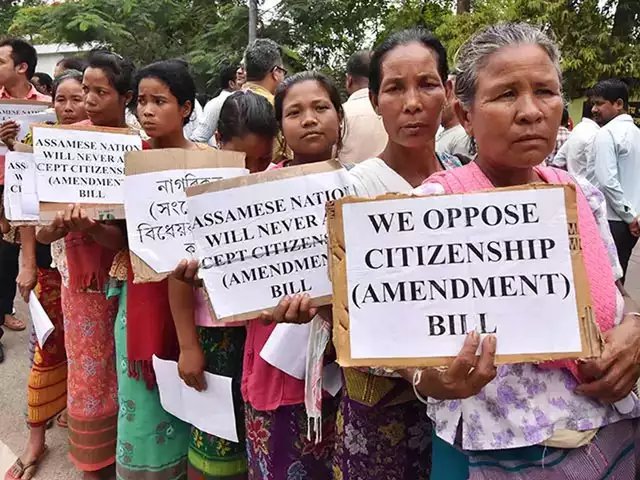
One of the main provisions of the bill seeks to extend the deadline for granting citizenship to 31st December 2014 From 24th March 1971 as mentioned in the Assam Accord, 1985.
People of Assam believe that this would allow a large number of migrants to enter the state from Bangladesh. They fear that this will pose a threat to their linguistic and cultural identity.
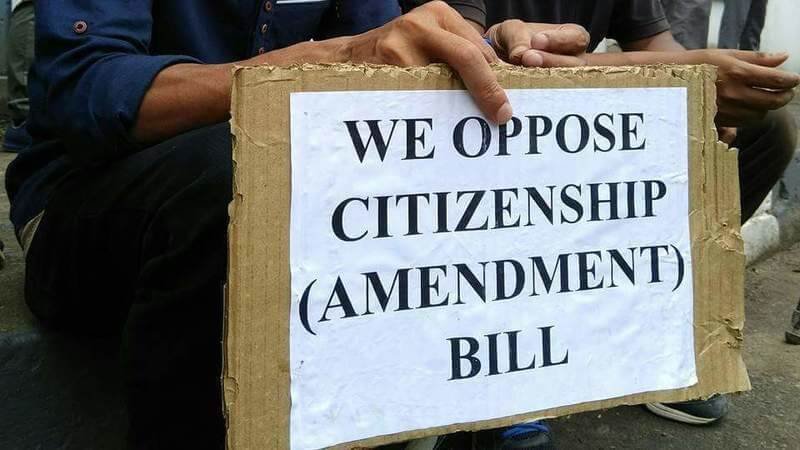
The reason why Assam is at the centre of these protests is because a large part of the state comes under the ambit of the CAB. This is in contradiction with other northeastern states which are largely exempted from the new bill.
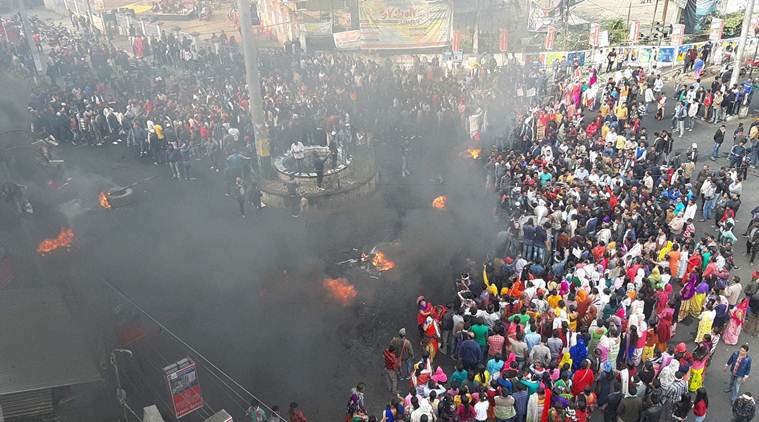
The two categories of areas that have been given exemption under the new bill include the northeastern states protected by the ‘Inner Line’, and areas covered under the Sixth Schedule of the Constitution.
The states of Arunachal Pradesh, Mizoram, Manipur and Nagaland come under the ambit of ILP entirely, and Tripura & Meghalya are also majorly covered under the Sixth Schedule of the Indian Constitution. It’s the people of Assam who face the biggest problem if the CAB comes into effect as a large part of the state will come under its ambit.
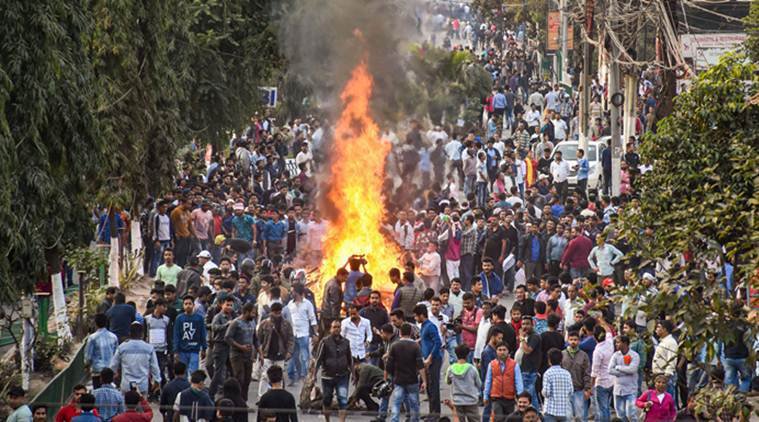
The Barak valley of Assam that is dominated by the Bengalis, has welcomed the bill as they think it can shield those excluded from the NRC.
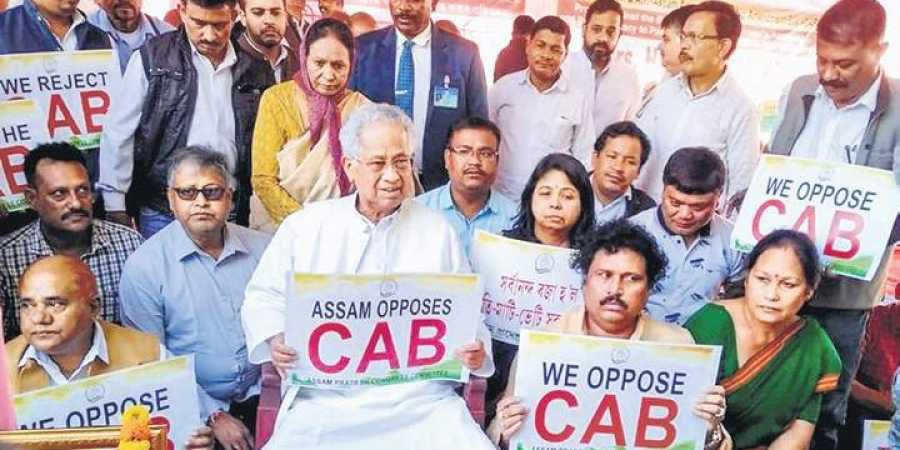
Another section of people protesting the bill are Bengali-speaking Muslims of Assam, who are in majority in at least 8 districts of the western and central Assam.
They are against the idea of offering citizenship only to non-Muslim migrants.
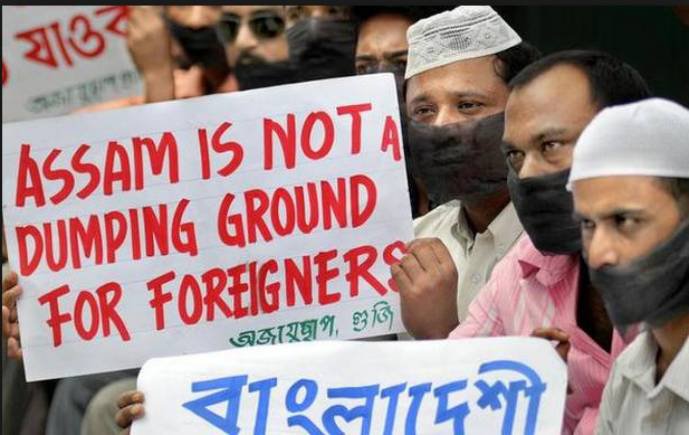
The people of Assam fear that if Bengali-speaking illegal immigrants are granted citizenship, these immigrants may outnumber the locals, as it has happened in Tripura where Bengali-Hindu immigrants from East Bengal now dominate political power, marginalising the original tribals.
Feature image source: Indian Express

















